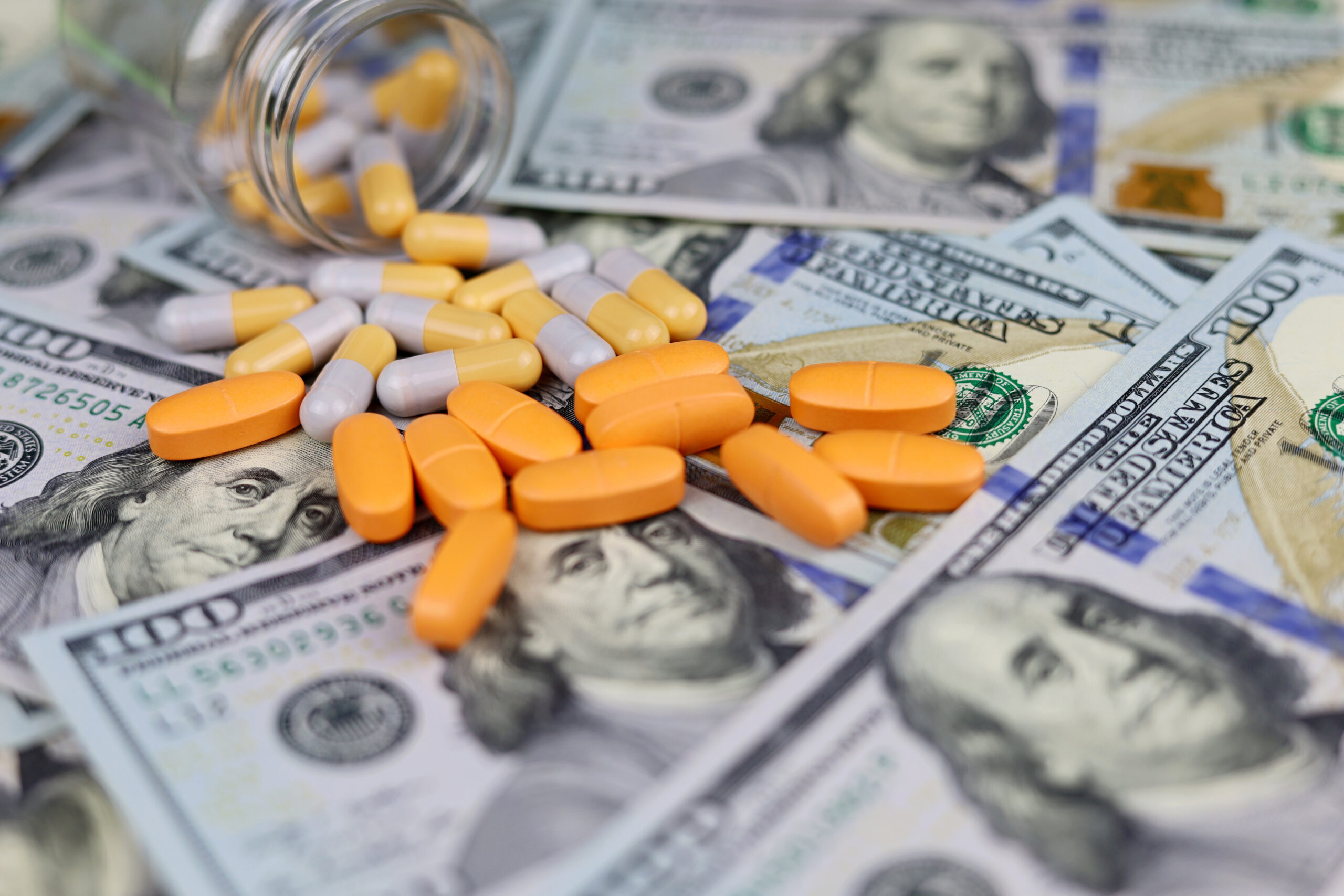THEY SAID IT! SENATE JUDICIARY CALLS OUT BIG PHARMA’S ANTI-COMPETITIVE PRACTICES THAT KEEP PRESCRIPTION DRUG PRICES HIGH
Senators on Both Sides of the Aisle Highlight Concerns with Big Pharma’s…


For far too long Big Pharma has used the false excuse that research and development (R&D) costs justify out-of-control prescription drug prices and that solutions to lower prices threaten innovation into new breakthroughs. These tired arguments, which Big Pharma wields like a shield to protect the industry’s anti-competitive and price-hiking practices, simply don’t hold up to scrutiny.
Multiple studies have found Big Pharma’s price hikes have little to no connection to the cost of their development or improvements in drugs’ efficacy. In other words, brand name drug companies set launch prices and hike prices to maximize profits – not because there is any connection to innovation.
Several recent analyses also demonstrate that Big Pharma is increasingly focused on developing new and more effective strategies to exploit loopholes and extend monopoly pricing on blockbuster products instead of investing in true innovation.
Contrary to the industry’s insistence that out-of-control prices support costly investments in R&D, the facts show that brand name drug companies invest more boldly in advertising, profits and overhead than innovation and R&D.
Policymakers must see through the pharmaceutical industry’s smoke and mirrors excuses and enact market-based solutions that hold brand name drug makers accountable and lower prescription drug prices.
In March 2024, while speaking to investors at the TD Cowen Health Care Conference, Pfizer Chief Financial Officer David Denton downplayed solutions passed by Congress in 2022 to hold brand name drug companies accountable and lower drug prices, describing their impact as “modest.” Meanwhile, in 2023, Pfizer CEO Albert Bourla hyperbolically claimed the same policies were akin to the government putting “a gun to your head.”
In November 2023, PhRMA released a report accidentally demonstrating that the innovation pipeline for serious conditions, like cancer, had actually grown since the passage of legislation Big Pharma claimed would hamper breakthroughs. PhRMA’s report showed there were 300 more cancer medicines in development after the law they opposed was passed, than in December 2020, before the law was passed.
In 2023, brand name drug makers’ unjustified price hikes on just five prescription medications cost the U.S. an additional $815 million, according to a December 2024 analysis from the Institute of Clinical and Economic Review (ICER). The analysis examined price increases that occurred without any new clinical evidence or improvements to justify the increases.
Price hikes on AbbVie’s Humira that were not supported by new clinical evidence accounted for an unnecessary increase in U.S. drug spending of more than $1.8 billion from 2017-2018 according to a 2019 analysis from ICER.
Since 2000, there has been a 200 percent increase in the number of continuation patents – meaning patents related to existing drugs – that brand name drug makers have filed, according to an August 2023 analysis in JAMA. Meanwhile, there has only been a 15 percent increase in the number of original patents filed.
Seven out of the 10 largest drug manufacturers spent more on marketing expenses than R&D in 2020, according to an October 2021 report from AHIP.
Selling and marketing expenses for the ten largest drug manufacturers by revenue exceeded R&D investments by $36 billion in 2020, according to an October 2021 report from AHIP.
U.S. taxpayers have funded research that has contributed to every single one of the 210 new drugs that the U.S. Food and Drug Administration (FDA) approved between 2010-2016.
Senators on Both Sides of the Aisle Highlight Concerns with Big Pharma’s…
Committee Markup Advances Legislation to Crack Down on Big Pharma’s…